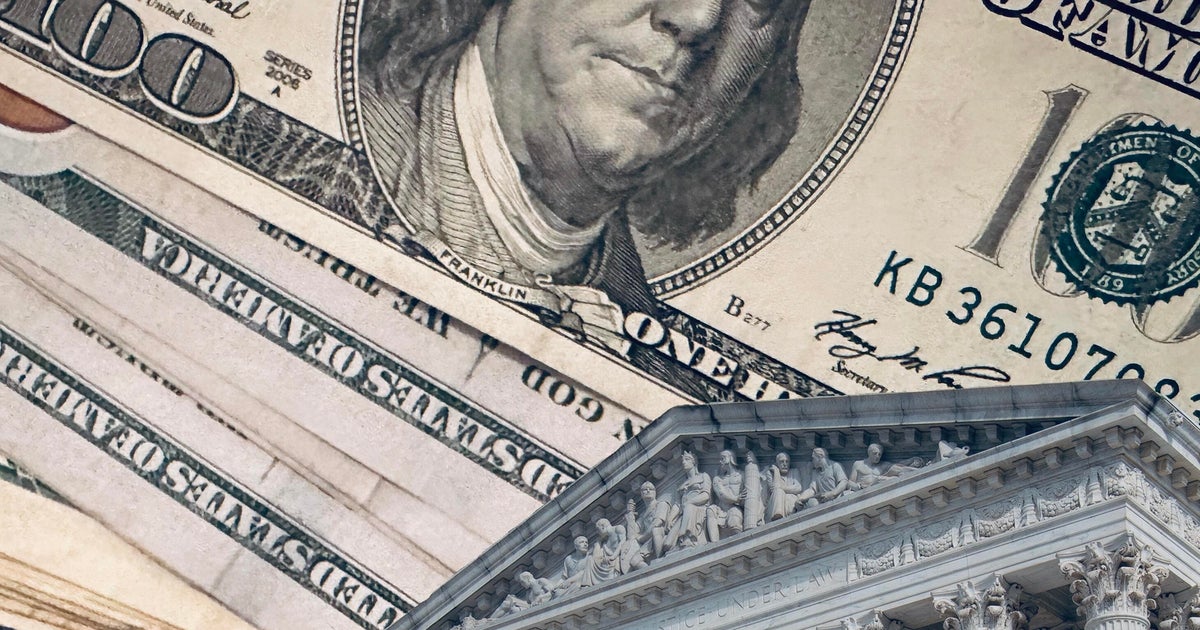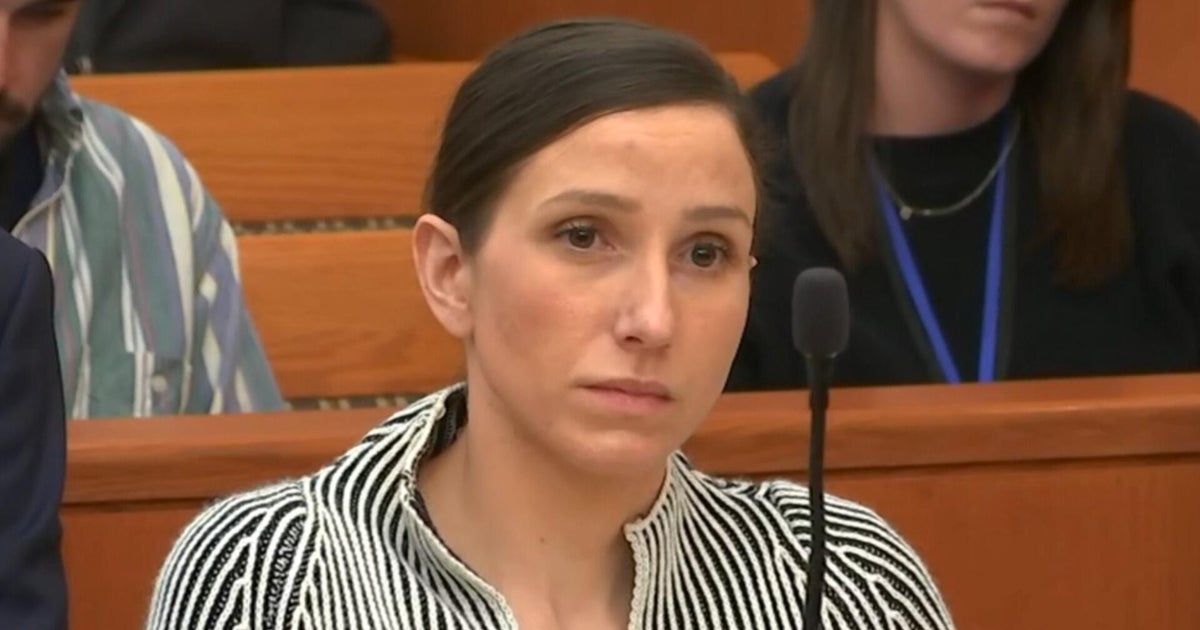By Emily Chantiri
November 21, 2025 — 5.01am
Jasmine Parasram found traditional workplaces were not always designed for her neurodivergent brain, so she decided the best course of action would be to start her own business.
“I live with ADHD, and the shift to accommodate my work was to build a business where I get to design how I work, when I work, and who I work with,” she says. “I wouldn’t say I found the ‘right job’ in the traditional sense – I built it.”

Jasmine Parasram: “I’m so glad I set up my business because, if I’m honest, I don’t think I would be a very good employee any more.”
Before setting up the Creative Business Kitchen, Parasram worked as a graphic designer and finished artist in Adelaide and Melbourne.
“Now I coach other freelancers, many of which are neurodivergent, to structure their offers, pricing and services in ways that actually support their brains instead of draining them,” she says.
“I’m so glad I set up my business because, if I’m honest, I don’t think I would be a very good employee any more – I have too much passion in pursuit of my own success to spend that on someone else’s dream.”
Loading
Like Parasram, Jeremiah Hartmann Tesoriero was diagnosed with ADHD as a young adult. This has shaped most of the ways he approaches work and life. He, too, realised traditional workplaces weren’t always the best fit. Today, he juggles a career as a wedding MC, celebrant and corporate presenter.
“These roles lean into my strengths in communication, energy, and connecting with people,” he says. “Living with ADHD will always impact the same areas, like organisation and long-term planning, which make running a business more challenging.”
He has learnt to create systems, delegate and design work that allows him to earn a living and provide for his family.
“At times it really can be a challenge, but I’d love to add to the discussion and perhaps show how neurodivergence doesn’t have to be an unfortunate set-up,” he says. “AI is a wonder tool for neurodivergents because it allows us to understand and solve daily puzzles.”
Best jobs for neurodiversity
Chelsie Hyland is an executive general manager of employment services at AKG, a company with more than 30 years’ experience delivering employment services, along with supporting more than 80,000 jobseekers through the Disability Employment Service.

Jeremiah Hartmann Tesoriero learnt to create systems, delegate and design work that allows him to earn a living and provide for his family.
“We’ve found that certain roles, especially those requiring precision, structure and attention to detail can be a natural fit for individuals with conditions like ADHD and OCD,” she says.
However, this is a broad observation. Each person brings their own unique strengths, goals and support needs. Hyland recommends the following roles as a guide only:
Loading
ADHD: A fast-paced work environment is best to help minimise the bouts of boredom and combat a reduced attention span. Jobs with a lot of action and intensity require quick thinking and adaptability and utilise the strengths that are common for people with ADHD.
People with ADHD can thrive in structure. Whether that means a job with clear protocols and procedures, or that daily tasks are consistent and easily measurable. These include creative jobs, artists, marketing, journalists, hairdressers and teachers, along with technical jobs such as accounting and web development.
Obsessive compulsive disorder (OCD): Jobs that require attention to detail might be a great fit. A highly structured role may be better than one that is prone to last-minute changes or regularly introducing new tasks.
Healthcare is ideal. Teaching is a good fit because it follows a structured curriculum. As are engineering roles because they require highly organised, detail-oriented and methodical workers, as do construction, building, manufacturing and quality control.
Unique within each condition
Vicky Little, chief operating officer at Specialisterne Australia, an agency that helps find jobs for people who are neurodiverse, says that first and foremost, it is important to appreciate and recognise that every neurodivergent person is unique.
“Our vision is to create a world where people are given equal opportunities in the labour market,” she says. “We actively promote the employment of neurodivergent employees within the workplace, along with people with disability and gender diversity.”
Importantly, she adds, fulfilment is best driven by individual passions and interests, rather than being limited by labels.
Most Viewed in Business
Loading



